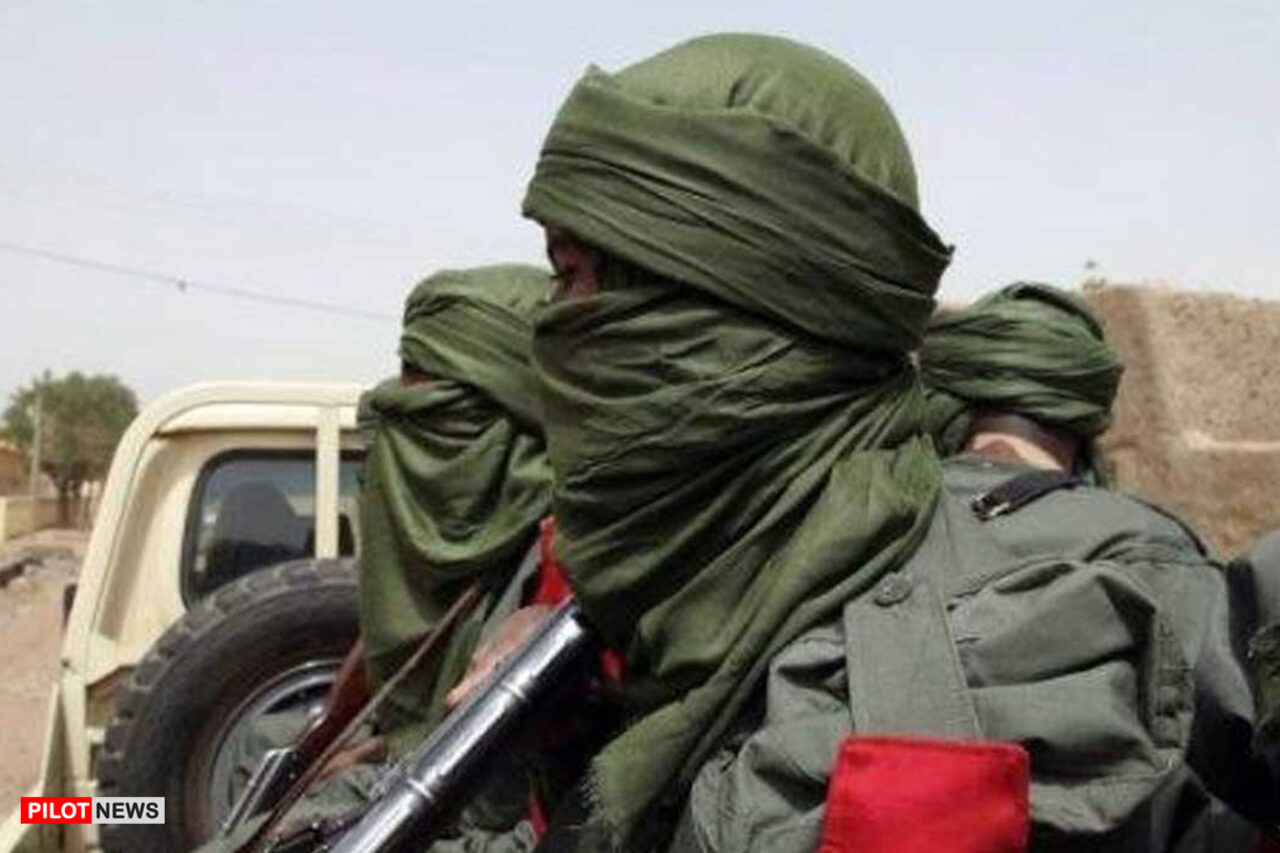A recent report by the International Rescue Committee, IRC, indicates a surge in violence in Nigeria’s northwestern states of Zamfara and Sokoto. Armed attacks by bandits have reportedly displaced at least 10,000 residents and claimed the lives of 92 people between March and April of this year.
The IRC, an organisation providing humanitarian aid, expressed concern over the escalating conflict and its devastating impact on local communities. Many of those displaced are now living in exposed areas with limited to no belongings and are struggling to meet basic needs like water, sanitation, and healthcare.
The report highlights the vulnerability of women and children caught in the violence, with a significant portion of the displaced population belonging to these groups. This displacement increases their risk of exploitation and abuse.
“We are appalled by the brutal attacks on civilian men, women and children, which is yet another reminder of the violence that has become unacceptably common in northwest Nigeria,” said Babatunde Ojei, Country Director for the IRC in Nigeria, while commenting on the attacks.
The IRC is urging for urgent humanitarian assistance to address the crisis. The organisation emphasises the need for essential supplies, healthcare services, and protection measures for the affected communities.
According to the group, “Urgent humanitarian assistance is needed to meet the basic needs of these communities, namely water and sanitation, health, and protection services.”
The violence in Zamfara and Sokoto is part of a wider security challenge plaguing northwestern Nigeria. Banditry, kidnapping, and clashes between armed groups have caused immense suffering and instability in the region.
The IRC has been working in Nigeria since 2012. The IRC operates in Zamfara, Katsina states and supports the work of partner organisations in Sokoto in northwest Nigeria.
The organisation provide both immediate lifesaving and life-sustaining activities as well as medium-term recovery programs. The IRC’s programming includes primary health, nutrition and reproductive health care activities; educational support services for out-of-school youth, women’s protection and empowerment activities, water and sanitation programming, and economic recovery and development activities.
Latest posts by By Ezinwanne Onwuka (Senior Reporter) (see all)
- Manchester City Clinch Historic Fourth Straight EPL Title - May 19, 2024
- Nigerian Army Announces Rescue of 386 Kidnapped Victims from Sambisa Forest - May 19, 2024
- Katsina Governor Claims 70% Reduction in Banditry - May 19, 2024
previous
US-Africa Business Summit: Oyebanji Showcases Ekiti Investment Opportunities
next


